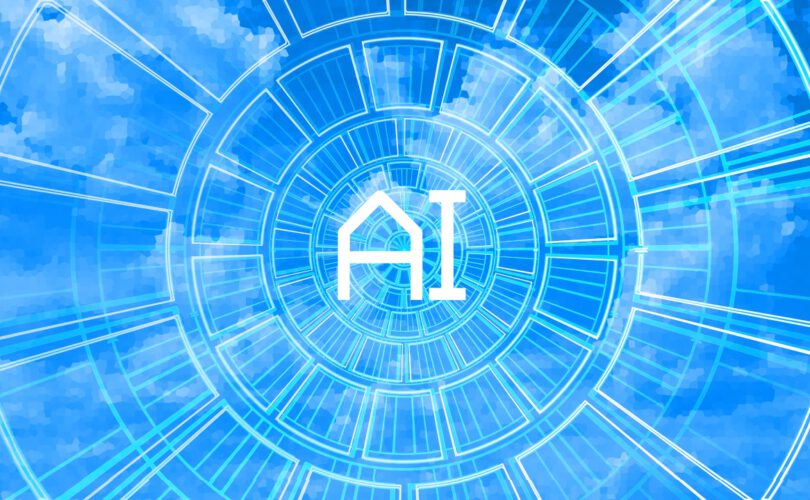Namaste! Artificial Intelligence is a really interesting topic. Everyone is talking about it. And often it is assumed to be the same as Machine Learning or Deep Learning. I usually make clear that: Deep Learning is a part of Machine Learning is a part of Artificial Intelligence. This means, that not all Machine Learning algorithms are Deep Learning. It also assumes that not all Artificial Intelligence approaches are Machine Learning. Keep that in mind. It is the focus of this article.
Wait… What is Artificial Intelligence?
When I did my Ph.D. in AI, I learned at least two very good definitions of Artificial Intelligence. One was quite broad, the second was quite specific.
According to Russel and Norvig, AI is about artificial entities that
- think like humans,
- act like humans,
- think rationally, or
- act rationally.
As you can see, this definition is very, very broad. And there is no Stochastic Gradient Descent in that definition.
The second definition says, AI is about Intelligent Agents that
- are situated in an environment,
- can perceive the environment via sensors,
- can interact with the environment via actuators, and
- environment maximize their performance measure inside this environment.
I prefer the second definition slightly more. The main reason is that it focuses on the interaction of the agents with environments. This means, that you can only see intelligence when an agent does something in an environment. And right… No stochastic gradient descent in that definition either.
Did you know...
That you can book me for trainings?That I could be your mentor?
Feel free to get in touch anytime.
Artificial Intelligence is more than Machine Learning is more than Deep Learning.
As I have already said there is more to Artificial Intelligence than just Machine Learning. We talk about Machine Learning a lot because it has been very, very successful in the last couple of years. But Machine Learning is only a small subset of Artificial Intelligence approaches. There are quite a lot… Well… What about giving you a couple of examples? Examples of AI approaches that are definitely not Machine Learning. Let us do this! Note, that the following list is definitely not complete.
Search-Algorithms for problem solving.
Definitely one of my favorites. You all use it. Almost every day. Search algorithms such as the A* search algorithm are very present in our daily lives. This and similar algorithms make navigation very easy. Finding shortest routes on maps for example. Even while taking into account current traffic.
Symbolic or logic-based Artificial Intelligence.
Another favorite. There is a huge branch of AI that is called Symbolic AI. Amongst other things, it makes heavy use of logic and logic-based programming. The overall idea is simple. You encode your knowledge with logical formulae and derive new knowledge via deduction and implications. You can even so far as to modeling time and/or beliefs, desires and intentions of agents.
Fuzzy Logic.
Well, I already mentioned logic in the previous section. Fuzzy Logic is more of a Soft Computing approach. In traditional logic, everything is either true or false, black or white. Fuzzy logic has all shades of grey. This translates to different degrees of truth. Works well if you have incomplete or imprecise information.
Classical planning.
This is an excellent field that deals a lot with traversing state spaces. Imagine you are in a situation, you want to arrive at another situation, and you have a couple of actions that you can perform. Planning would mean finding the optimal sequence of actions that lead you from one situation to the other. This can be very simple and also very complex, depending on the state spaces, their sizes, and their dynamics.
Genetic algorithms.
Genetic algorithms are very, very fascinating. Again the idea is simple. You assume that you have a population of individuals. Just something. Could be anything. Numbers, strings, train-schedules, Intelligent Agents. You also have a way to assess an individual’s fitness. How good it is. You also have a way how to create a new generation from an old one, while making sure that only the fittest individuals survive. Although Genetic Algorithms are not per se AI they can be used for AI applications. Especially if the fitness function is a performance measure of behavior.
Nice!
I have talked only about a few AI approaches that are not Machine Learning or Deep Learning. There is more. Which ones do you prefer?
Stay in touch.
I hope you liked the article. Why not stay in touch? You will find me at LinkedIn, XING and Facebook. Please add me if you like and feel free to like, comment and share my humble contributions to the world of AI. Thank you!
If you want to become a part of my mission of spreading Artificial Intelligence globally, feel free to become one of my Patrons. Become a Patron!
A quick about me. I am a computer scientist with a love for art, music and yoga. I am a Artificial Intelligence expert with a focus on Deep Learning. As a freelancer I offer training, mentoring and prototyping. If you are interested in working with me, let me know. My email-address is tristan@ai-guru.de - I am looking forward to talking to you!






